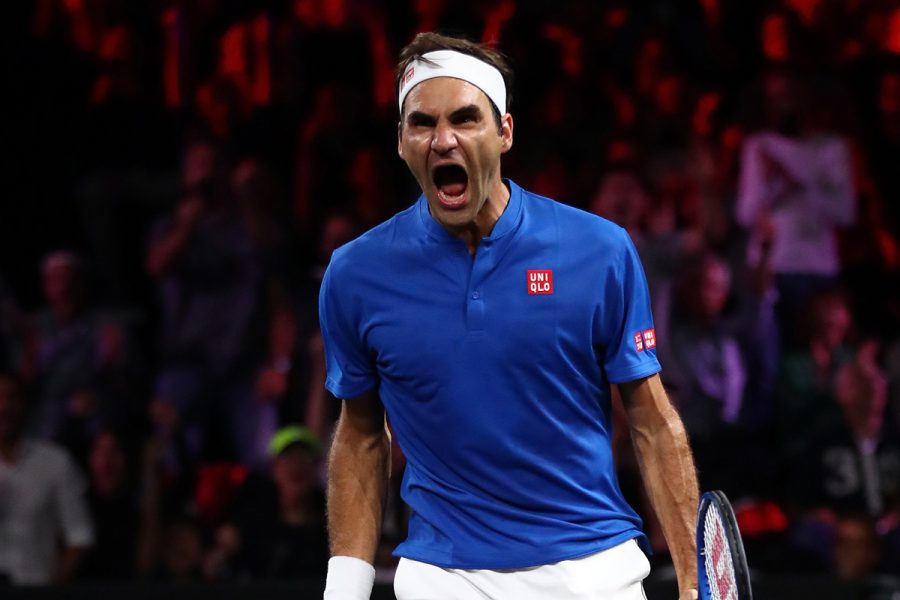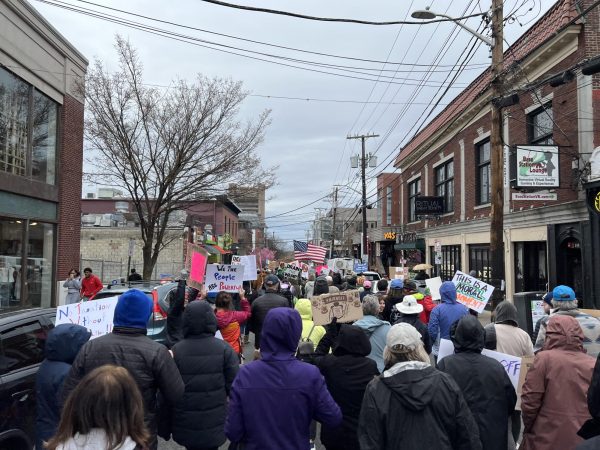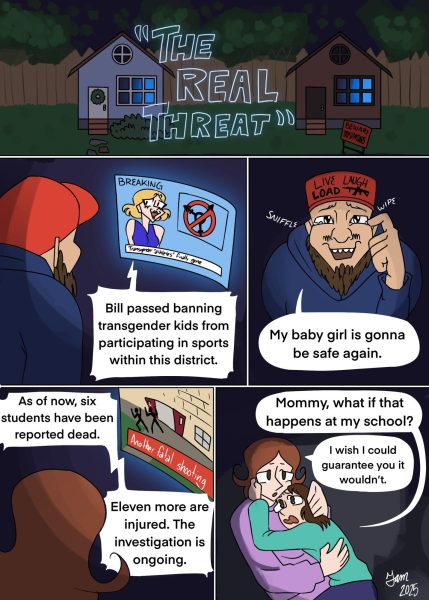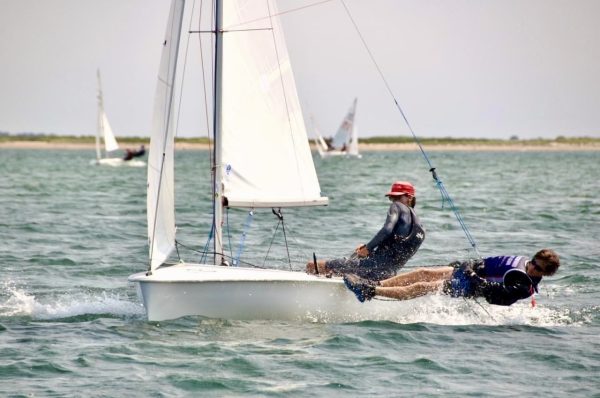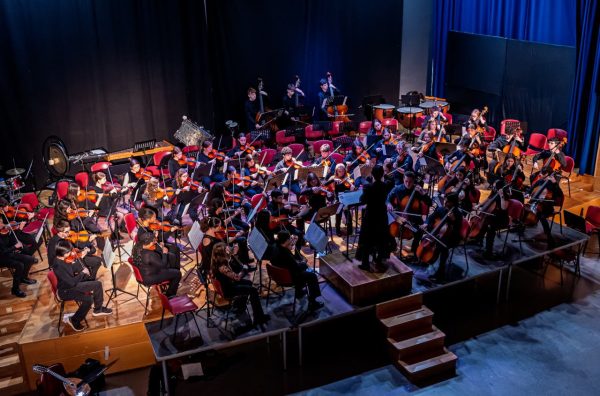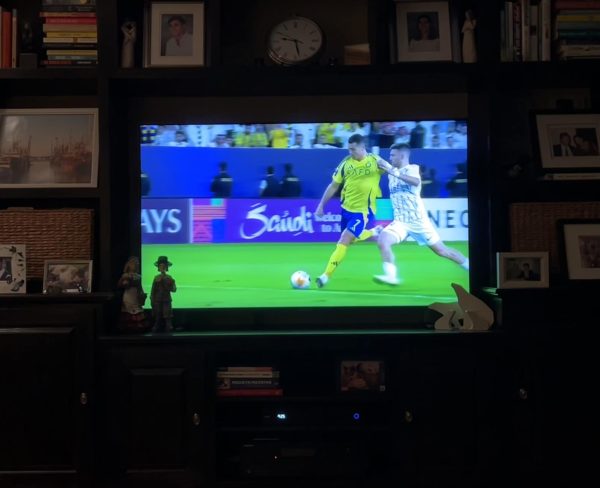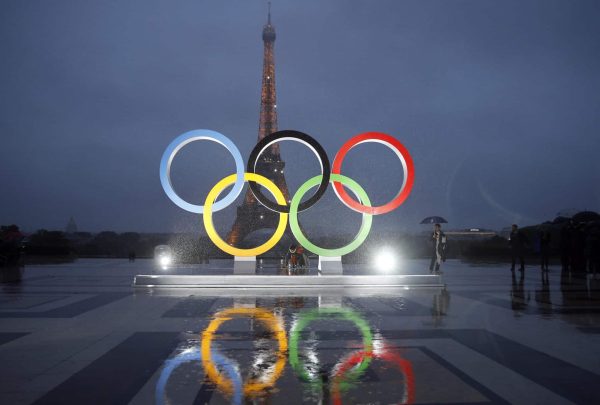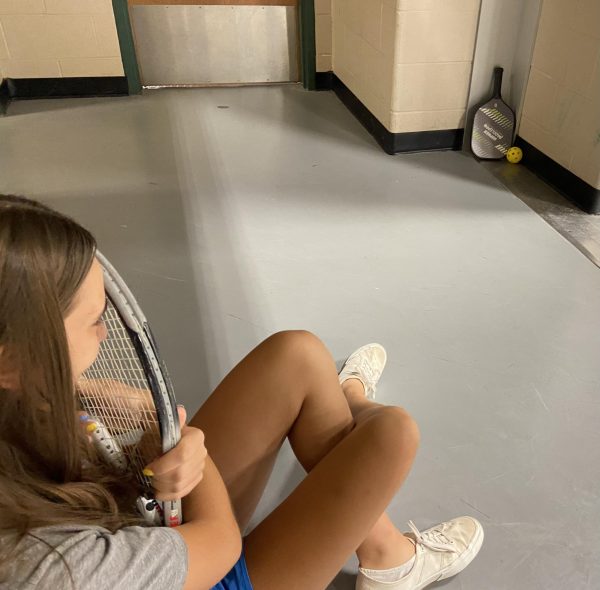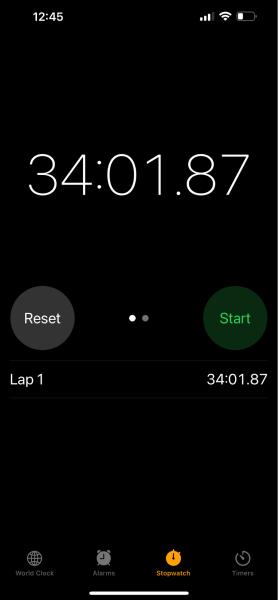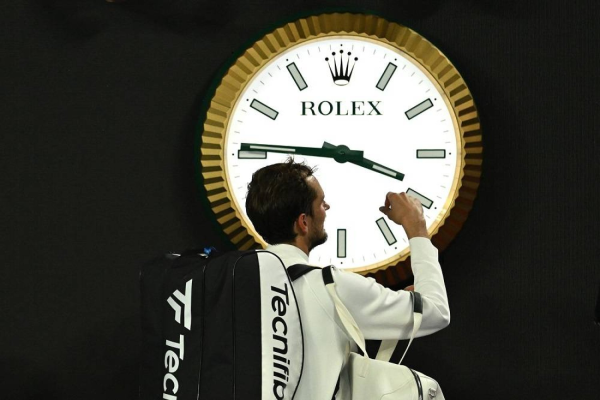Reflecting On a Tennis World Without Roger
A tennis world without Roger Federer?
2022 has been relentless for tennis. Several adored and renowned figures bid their goodbyes to the sport: Ashleigh Barty, Juan Martin del Potro, Serena Williams. Another hole formed in the hearts of fans and players alike when Roger Federer, widely regarded as the greatest men’s player and one of the greatest athletes ever, retired from the game.
Federer has played professionally for 24 years, dominating the sport for most of it. It’s difficult to describe the beauty of his game; it is true artistry. Tennis icon Billie Jean King wrote he had quickness on the court and a powerful tactical mind. Federer’s matches blossomed into legendary battles of wit and physique. Yet his class and caring on and off the court is what made him beloved.
Devastation spread throughout the tennis community when the 41-year-old announced his retirement two weeks ago, framed by many injuries. The world had one more battle to look forward to: a doubles match at the Laver Cup, where Federer would be partnered with long-time rival and great friend Rafael Nadal.
Federer and Nadal’s decades-long relationship has been marked by their rivalry, camaraderie, and commitment to making each other better players. They have a unique situation not commonly seen in sports, where adversaries can end careers holding hands. Choosing Nadal was calculated and perfectly symbolic for Federer’s final match. “With Roger’s retirement, a part of me has left with him,” Nadal stated.
The Laver Cup is an exhibition-esque tournament that takes top-ranked men’s players and splits them into teams based on their home countries: Team Europe and Team World. This meant Federer was surrounded by teammates he’d faced for years, antagonists who became his friends-in-rivalry. They cheered from the bench as he and Nadal fought Team World’s Jack Sock and Frances Tiafoe. It was a lively battle; all four players showed off strong games. Federer garnered more signature shots for the highlight reel, including a spinning forehand that broke through the net’s strings. As the official Laver Cup reporting writes, “Everything was there to allow [Federer] to depart with flashes of the brilliance for which he has become known and loved, but with enough for everyone to see that his time really is up.” Europe took the first set, but World won the following two tiebreaks. Federer lost, but in the way that lived up to his legacy: going down fighting.
In front of a capacity crowd, all there in support of him, Federer gave his farewell interview. He delivered his gratitude to his fellow players, those from Team Europe and Team World, and emphasized that he could not have had a better environment for this historic ending. “The match was great, I couldn’t be happier,” said Federer. “It’s been wonderful.” Long bouts of applause and yells of enthusiasm came after every pause in his speech. Thanking all of the people he could remember, realizing how he is considered the best of the greats; giving a speech extracted a clear passion for tennis from the Swiss. The tears appeared after he thanked Stefan Edberg, one of his coaches and a tennis legend. Federer followed in his footsteps but has gone above and beyond to forge his own path. Coming to terms with this in front of the O2’s sold-out crowd, his dialogue was reduced to a breathy croak when commending his wife for her unrelenting support. “She could have stopped me a long, long time ago, but she didn’t. She kept me going and allowed me to play; that’s amazing, thank you,” said Federer. A beautiful end to the Roger Reign.
Federer’s reduced playing eased tennis into a sport without his presence. But how will it be affected now that he is no longer active?
Expect a fiercely competitive 2023 season. Countless players, inspired by his career, will now be motivated by his retirement. The other members of the “Big Four” of mens tennis – Nadal, Novak Djokovic, and Andy Murray – see their own conclusions on the horizon. Their desire to make the most out of their remaining years will push them to succeed, especially against the rising “Next-Gen.”
The Big Four are the final barrier to the young Next-Gen take over. Speculation about who will replace the greatest of men’s tennis surrounds the rising stars – many of whom grew up idolizing Federer – emerging with dynamic personalities and playing styles. Although no one can fill Federer’s shoes, his influence will persist in many forms. It may be difficult to find a player who lives up to his character, but someone will always be after his twenty Grand Slams.

